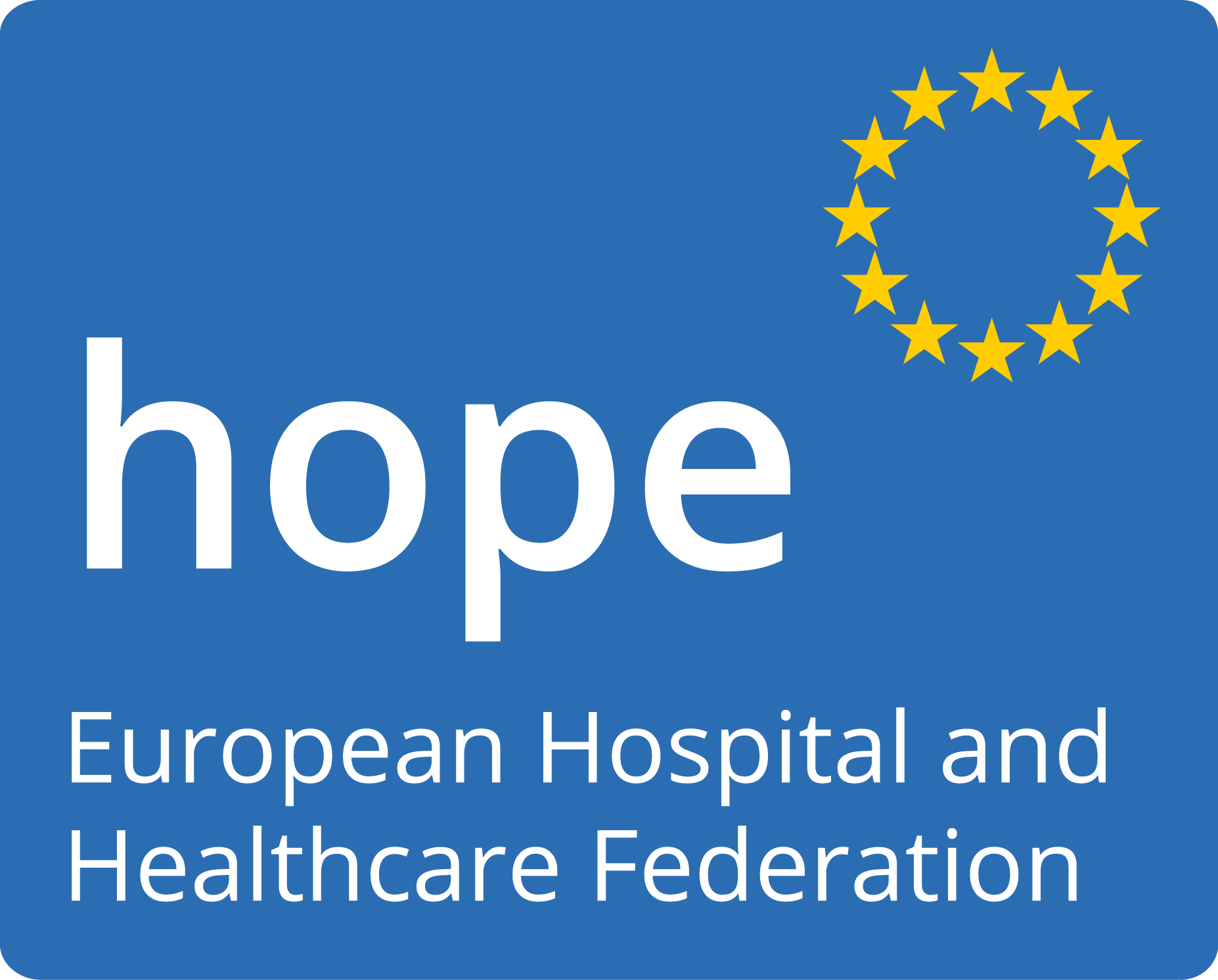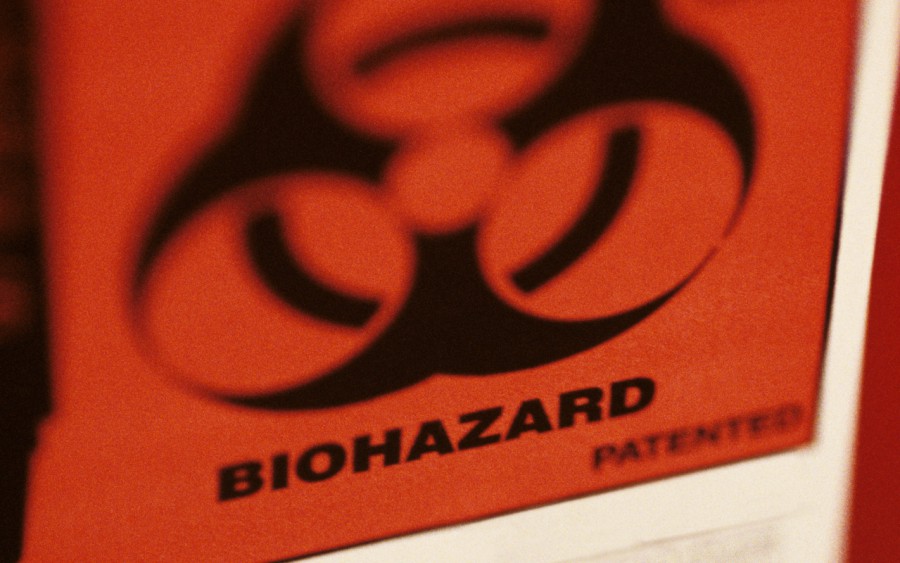Since the 1992 Treaty (Maastricht) “community action shall cover the fight against the major scourges”. More recently, according to the 2009 Treaty on the Functioning of the European Union (article 168), the EU can promote “actions to complement and improve national policies and to foster cooperation in the fight against major health threats” from pandemics to extreme weather events (knowing that the EU is also facing growing and complex other threats, through geopolitical tensions and cybersecurity issues).
All these threats impact healthcare services which have a fundamental role to play during an emergency. To face these crises, it is essential to ensure that relevant infrastructure, preparedness and response plans are in place, with a proper training for health professionals.
HOPE has been working for several years on those issues.
HOPE is currently working on the European Union Preparedness Union Strategy, released in March 2025, aiming to support Member States and enhance Europe’s capability to prevent and respond to emerging threats.
In March 2025, the European Centre for Disease Prevention and Control (ECDC) released a public health guidance entitled “Recommendations for preparedness planning for public health threats. Learning from recent public health crises: March 2025“, which completes the reports of March 2024.
In March 2024, the ECDC released the technical report “Public health and social measures for health emergencies and pandemics in the EU/EEA: recommendations for strengthening preparedness planning“, outlining key strategic and operational considerations to inform pandemic preparedness planning around the design and implementation of public health and social measures (PHSMs) in community settings in the EU and EEA.
In 2021, the European Commission adopted the decision establishing the Health Emergency Preparedness and Response Authority (HERA). Since 2022, HOPE is part of the HERA Civil Society Forum. On 13 December 2023, the Working Group 3 of the Forum released a discussion paper on the “Training of Healthcare professionals: an important pandemic preparation” which HOPE contributed to.
From 2020 to 2023, HOPE was also a partner in the EU-financed research project PERISCOPE that combined theoretical and experimental research to help understand the short- and long-term impacts of the COVID-19 pandemic and the measures adopted to contain it.
In 2020, HOPE created a dedicated page on the COVID-19 outbreak, gathering resources from international organisations (WHO and ECDC), and from Members, as well as HOPE publications.
Before that, HOPE participated in an EU-funded project called “Health C” aiming at improving health professionals’ communication skills in the management of health emergency situations. The project lasted from 2012 to 2014 and produced a training course and a toolkit which have been translated in seven languages.
In January 2001, HOPE published a report entitled “Disaster Medicine in Europe – Organisation and Trends”. The purpose of the publication was to acquire knowledge about risks and threats, plans and levels of preparedness and the operational principles being used to meet disasters in different countries in Europe. The publication was limited to peacetime disaster scenarios, in which hospitals would play an important role. The report was updated in 2003.
EU Projects
HEALTH C
Improving Crisis Communication Skills in Health Emergency Management
PERISCOPE
Pan-European Response to the ImpactS of COVID-19 and future Pandemics and Epidemics

